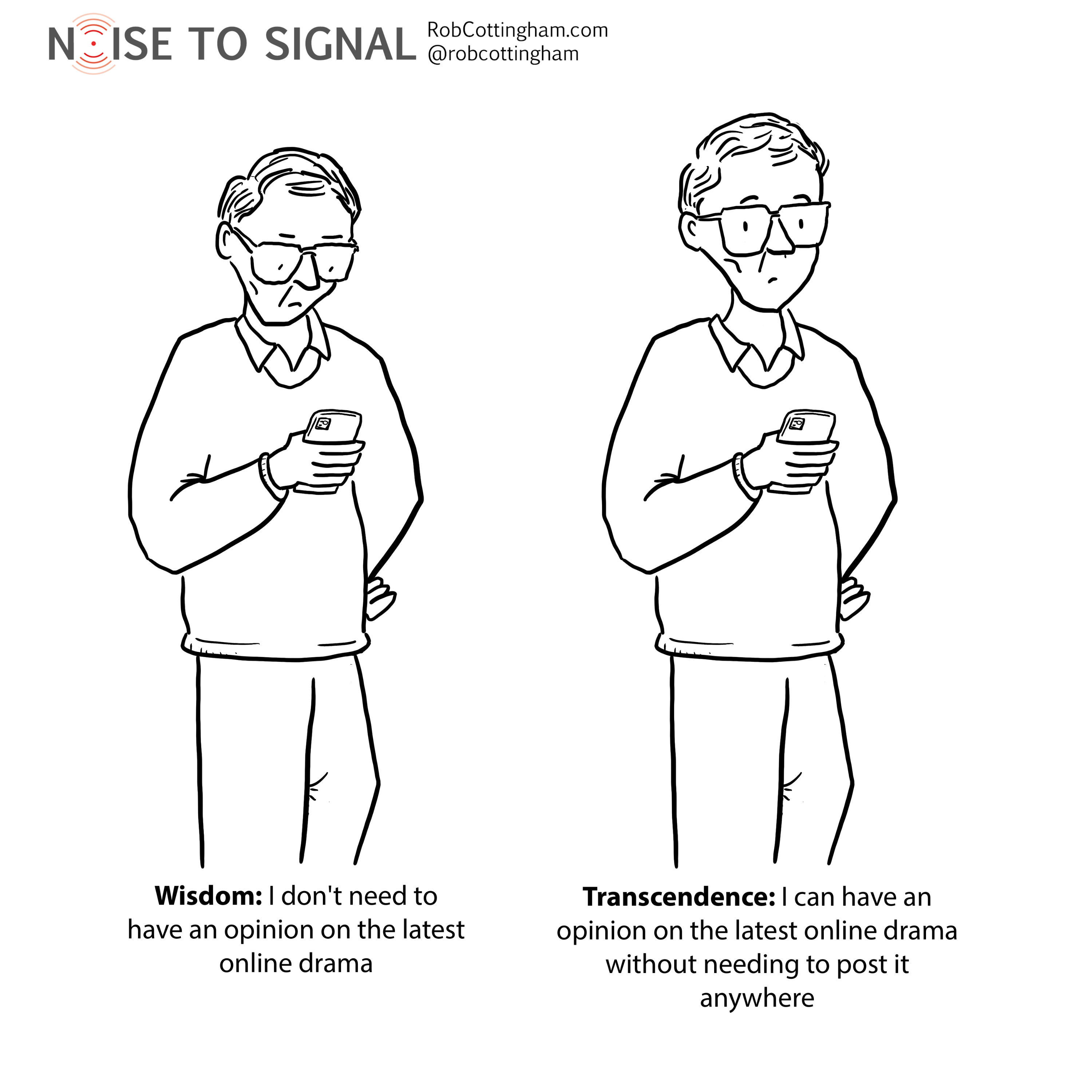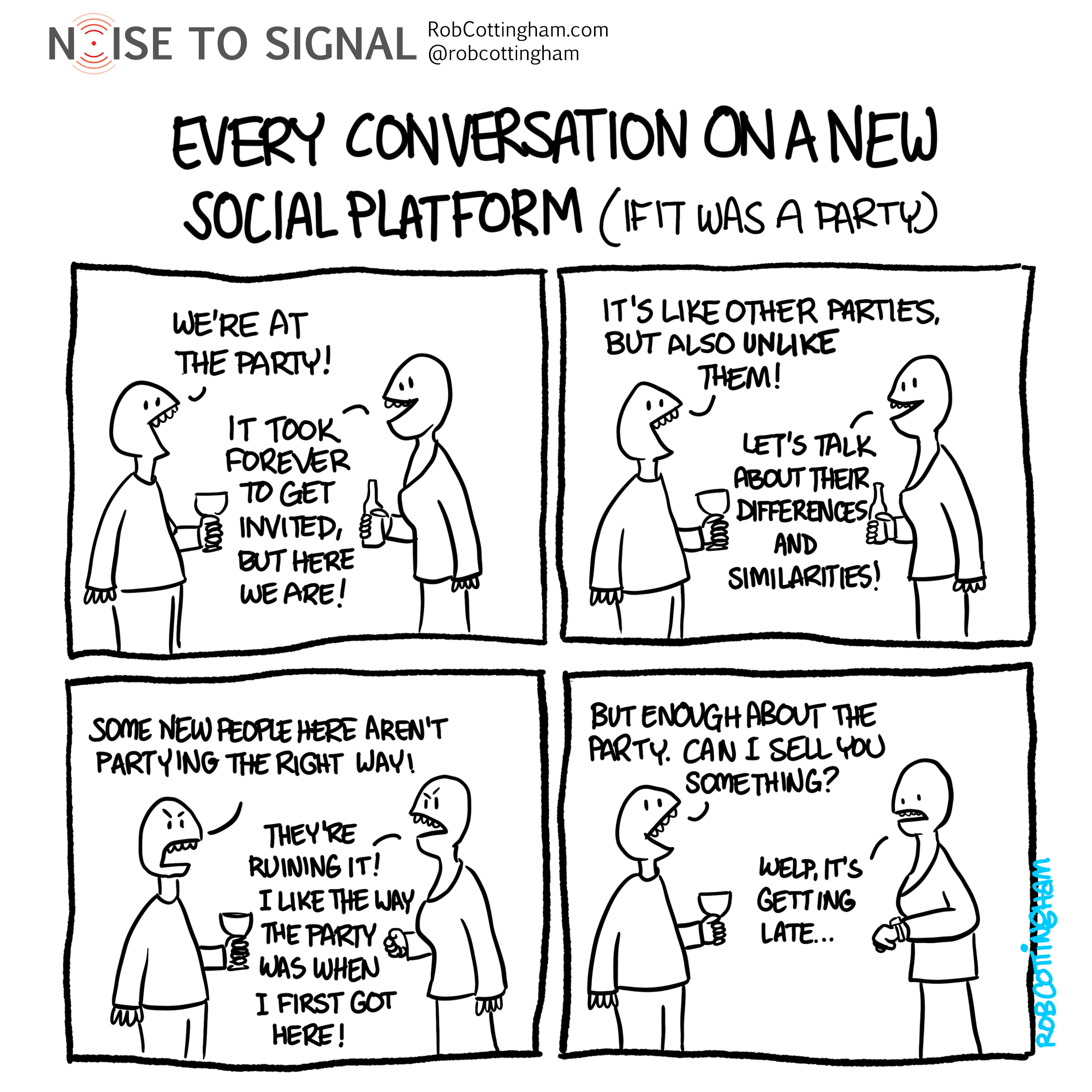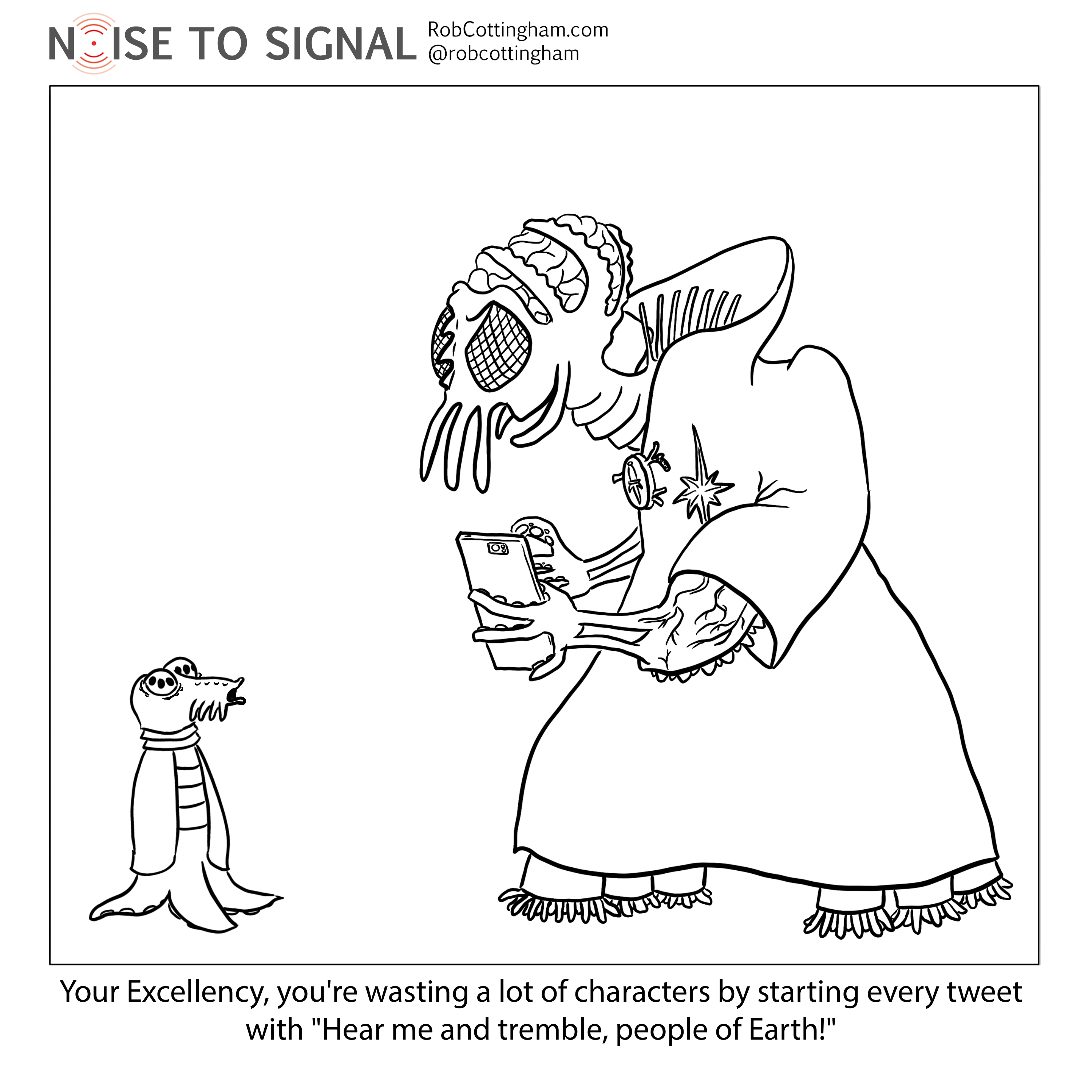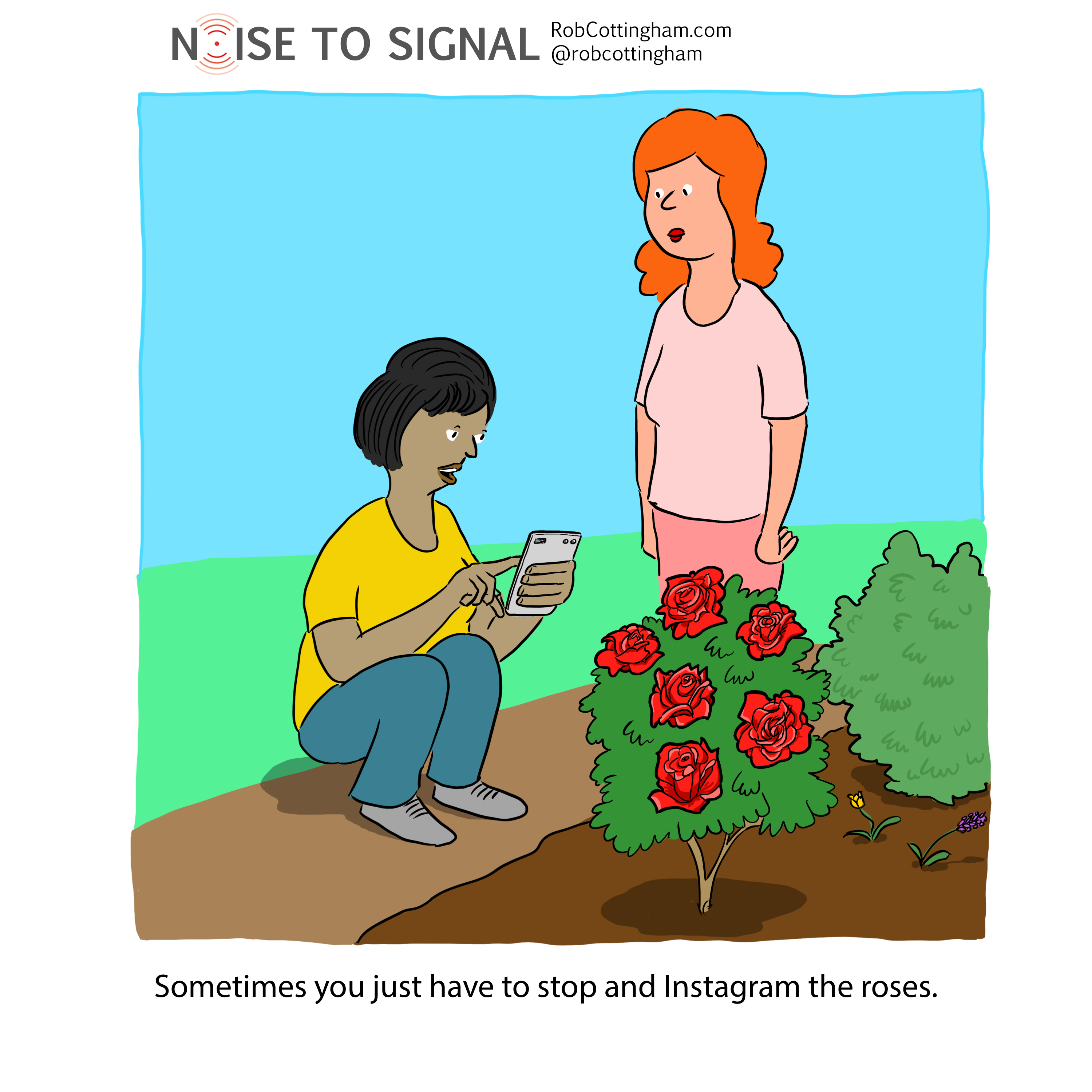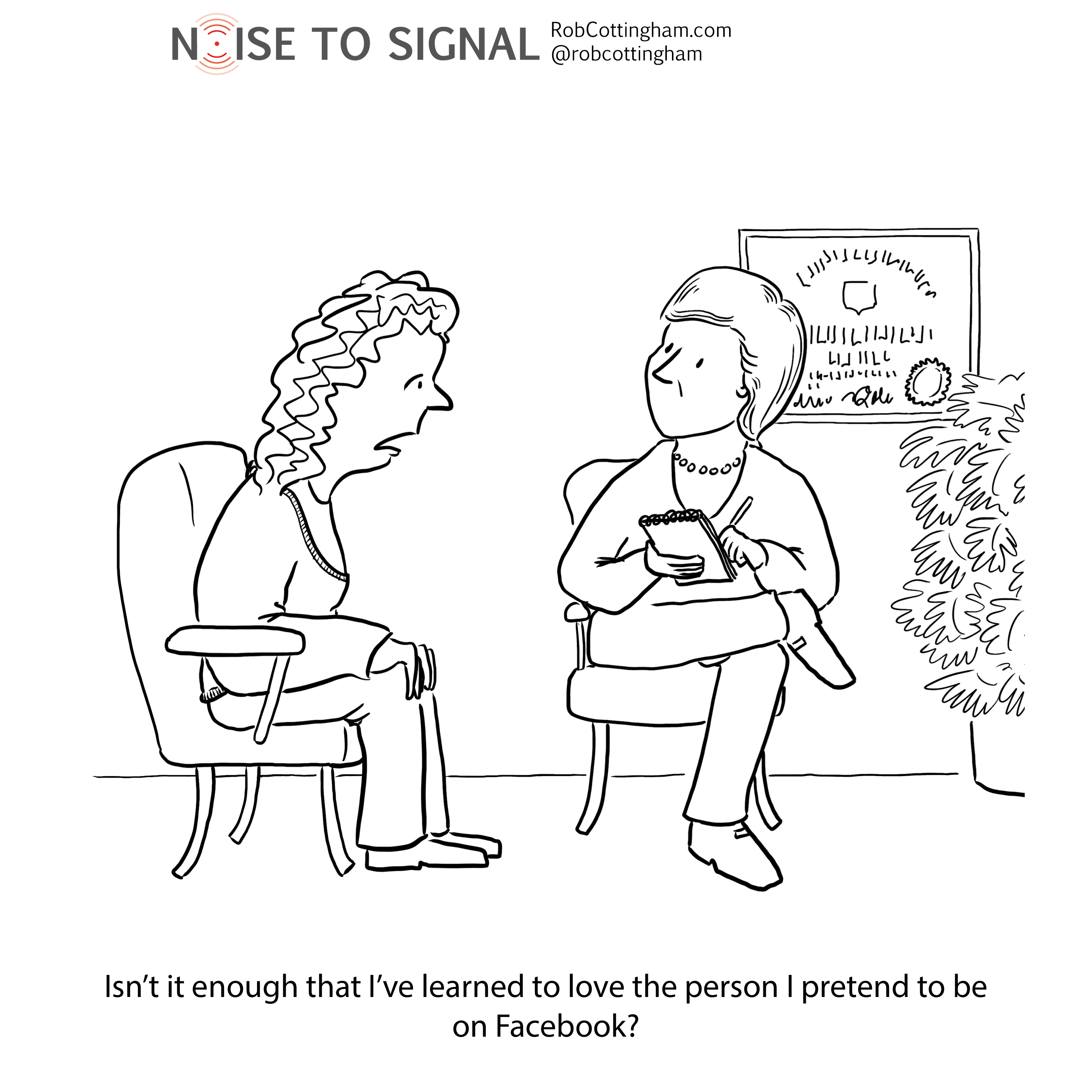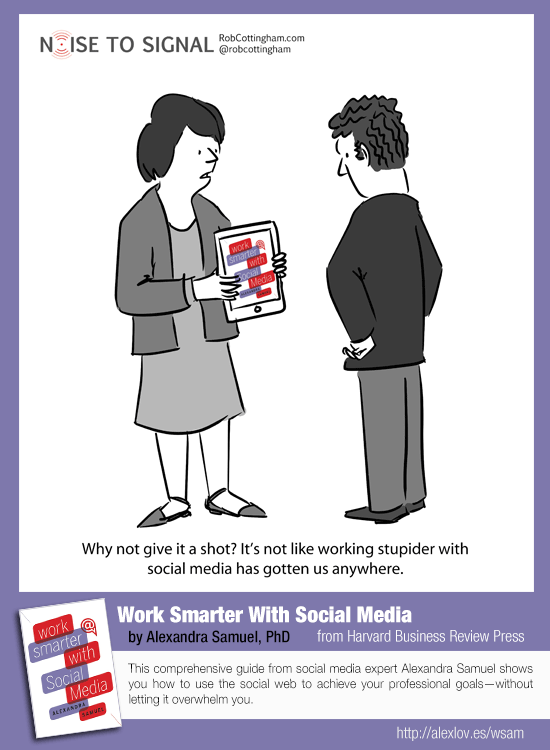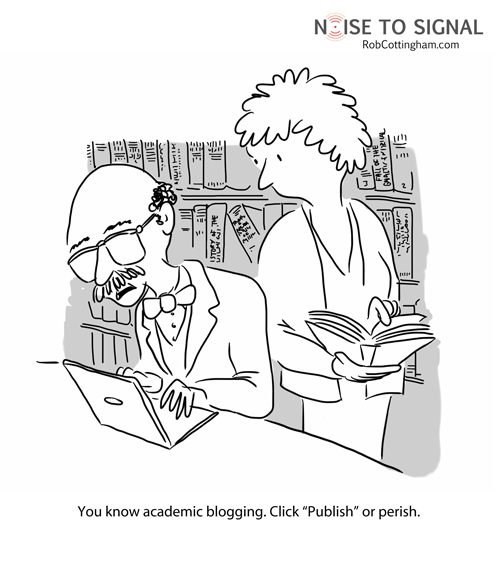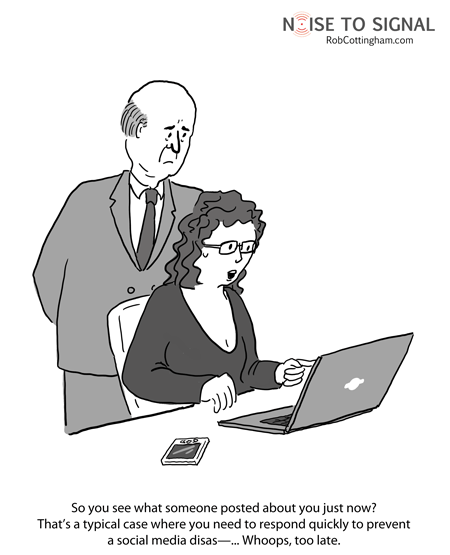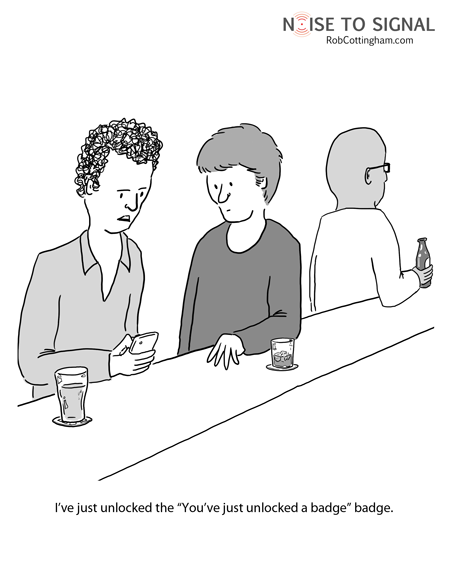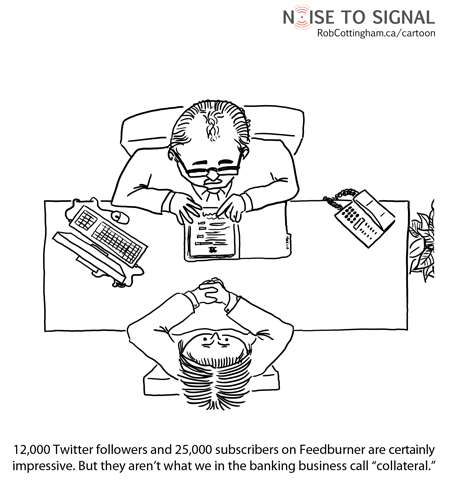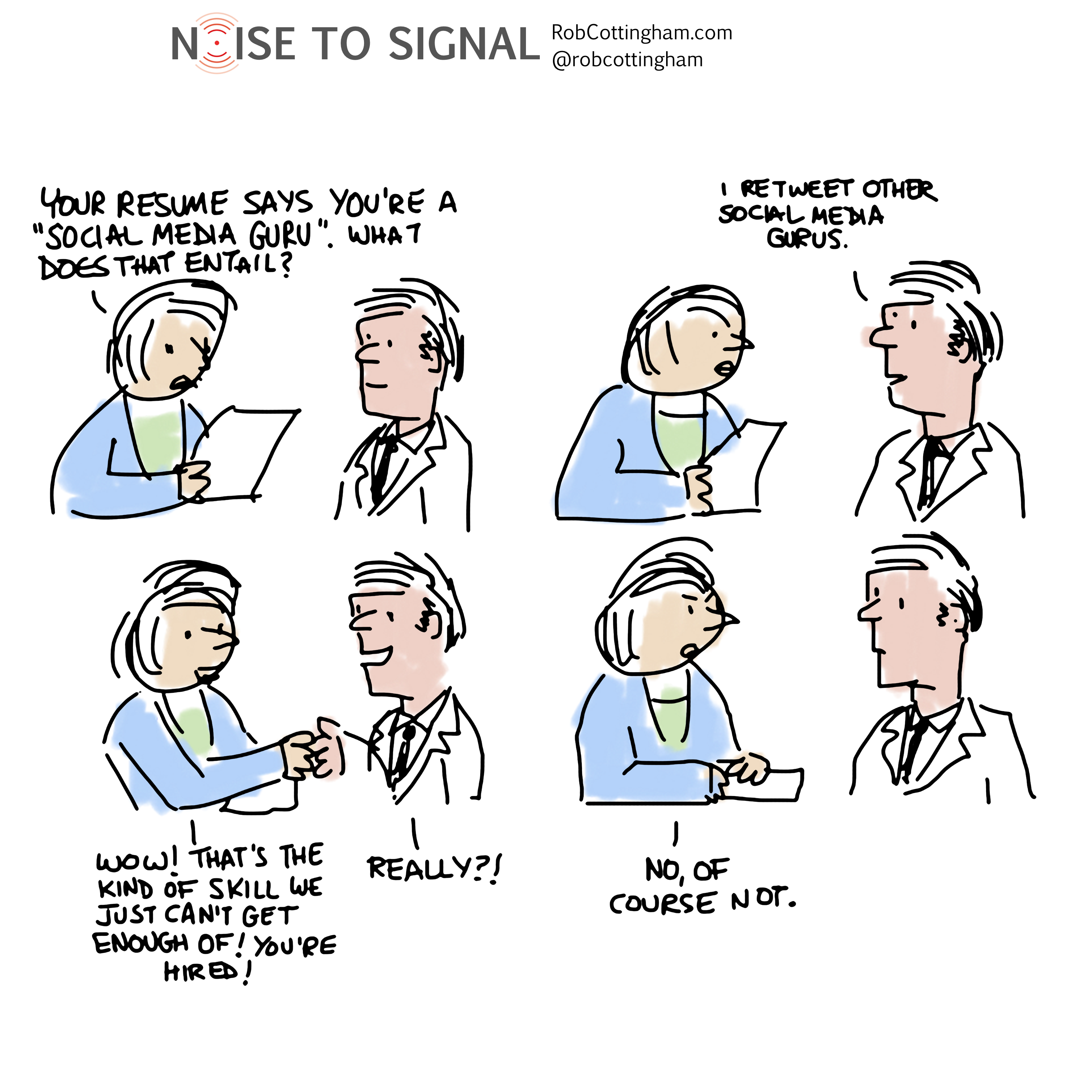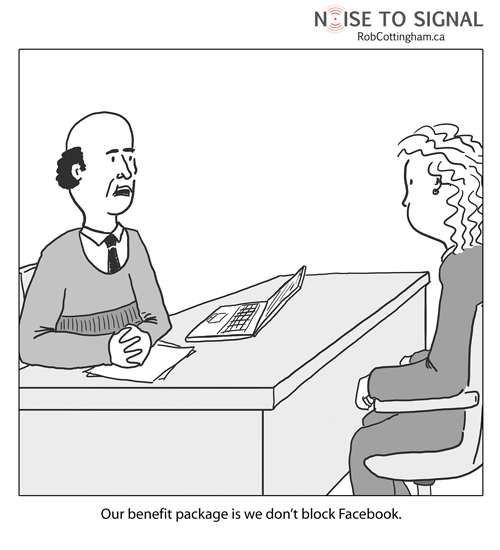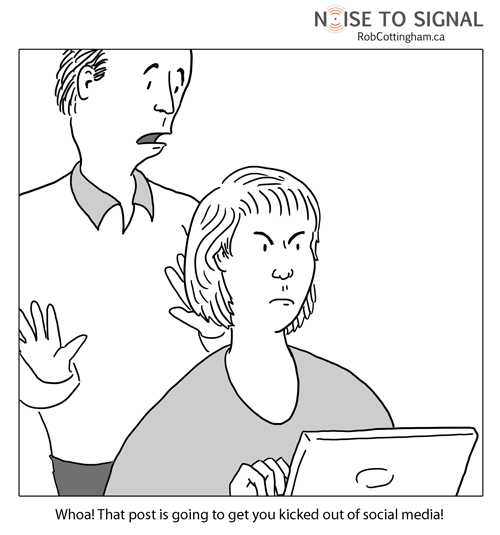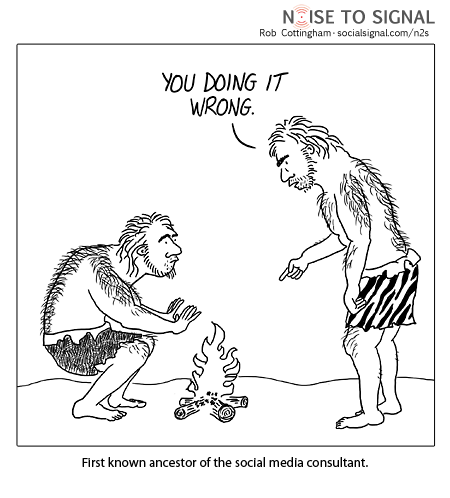At any given time, every social platform seems to have some kind of big online drama going on. (Maybe not Pinterest. Or maybe I’ve just been really lucky and managed to miss it every time.)
And I won’t speak for you, but I find online drama has a powerful gravitational force: The temptation to weigh in is almost irresistible. Sometimes that’s with good reason, when there’s something important at stake and I feel like I’ll be doing some good by contributing.
But often, it’s just my reptilian hindbrain seeing a conflict and wanting to engage. (Why, oh why, is it fight and not flight that kicks in on these things?) That impulse is even stronger when people I know and/or respect are part of the fracas.
(Side note: Apparently the whole “reptilian hindbrain” is more useful metaphor than rigorous science. Nerts.)
The thing is, that pull is almost as strong when I know nothing about the subject of the disagreement. That’s when the allure of the rabbit hole is at its strongest. And if I’m not careful I start researching the damn thing to try to form an opinion, or (ahem) buttress the first knee-jerk reaction I had, or failing that at least identify a sympathetic protagonist, and…
…for what?
Feeding a toxic algorithm that privileges assholery? Giving oxygen to some troll who’s just doing this for the lullz? Making the world a marginally less pleasant place?
Over the past several years, I’ve worked on pulling myself back from the Online Drama Event Horizon. Not using Twitter has helped a lot… although I still have to check it from time to time for work. And when I do, there’s invariably some hashtag-driven fracas going on, and it takes a conscious effort to remind myself I don’t post here any more.
That discipline is starting to pay off. More and more, I not only don’t join the fray, I resist the urge to gawk at it. Dragging myself out of that morass has been hasn’t been easy. But damn, it’s worthwhile. I’m not perseverating over the digital equivalent of arguments between drunk strangers in bars; the shitty behaviour of others no longer occupies nearly the square footage between my ears that it once did. (This gives my own shitty behaviour a chance to stretch its legs; honestly, it was getting a little cramped in there.)
There are times when bystander intervention is important, even morally necessary. And other times there are perfectly legitimate disagreements where I may or may not have the knowledge to form a useful opinion.
But the overwhelming majority of the online conflicts I see aren’t that. Between the outrage bait, the yahoos spoiling for a fight — any fight — and the divisions being ginned up by bad actors, nobody wins except the assholes.
And I’m done handing them victories.

